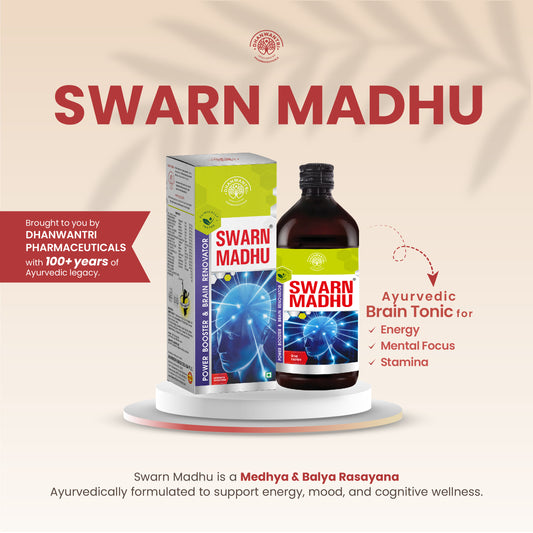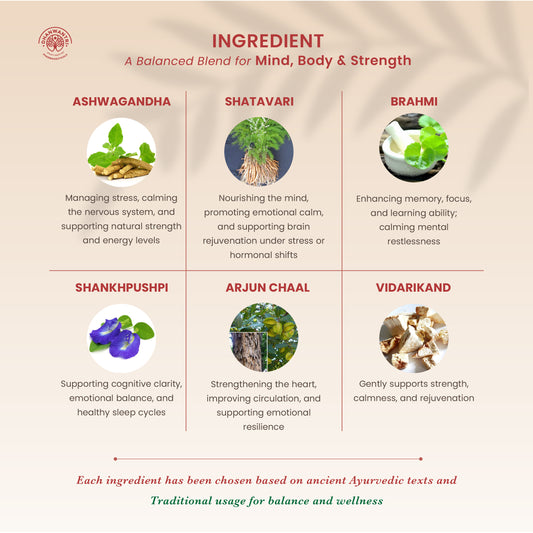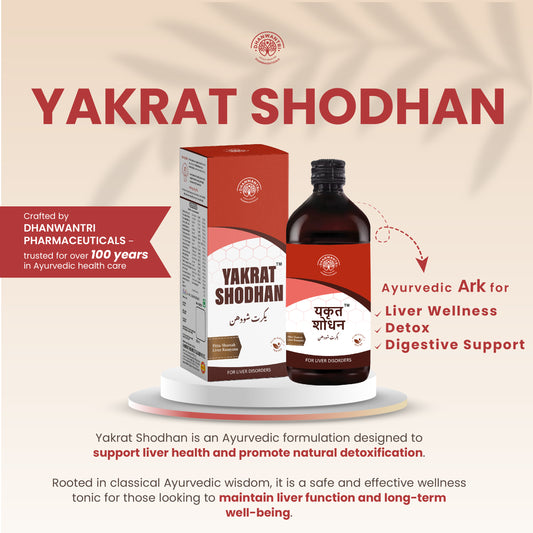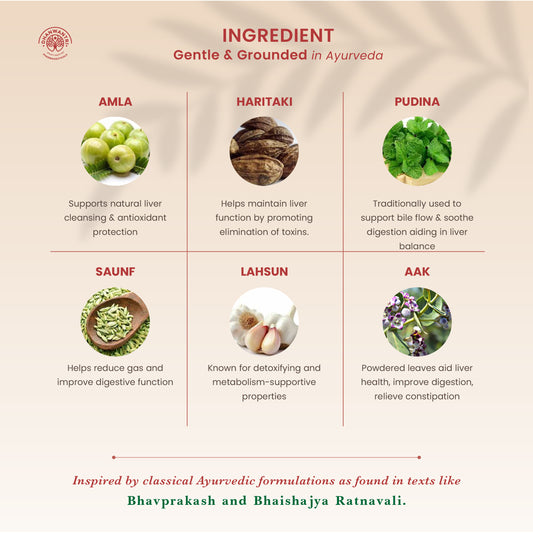Skin diseases
Skin diseases affect millions of people worldwide, causing discomfort, pain, and even social stigma. From common conditions like acne to more severe illnesses such as psoriasis, understanding skin diseases is crucial for effective management and treatment. In this blog, we'll explore the various types of skin diseases, their causes, symptoms, and available treatment options.
Types of Skin Diseases
Acne: A common skin condition characterized by pimples, blackheads, and whiteheads. It typically occurs during adolescence due to hormonal changes but can persist into adulthood.
Eczema: Also known as atopic dermatitis, eczema causes itchy, inflamed patches of skin. It often develops in childhood and can be triggered by allergens or irritants.
Psoriasis: A chronic autoimmune disease that leads to the rapid growth of skin cells, resulting in thick, red patches covered with silvery scales.
Rosacea: A chronic condition characterized by facial redness, visible blood vessels, and sometimes pimples or bumps. Triggers include sun exposure, stress, and certain foods.
Dermatitis: Inflammation of the skin, which can be caused by irritants, allergens, or genetic factors.
Skin Cancer: Abnormal growth of skin cells, often caused by prolonged exposure to ultraviolet (UV) radiation from the sun or tanning beds.
Symptoms
Symptoms vary depending on the type of skin disease but may include itching, redness, swelling, rash, pain, and changes in skin texture or color.
Some skin diseases may also cause systemic symptoms such as fever, fatigue, and joint pain.
Topical Treatments: Creams, ointments, and lotions containing corticosteroids, retinoids, or other medications can help reduce inflammation and relieve symptoms.
Oral Medications: In cases of severe or widespread skin disease, oral medications such as antibiotics, antihistamines, or immunosuppressants may be prescribed
Phototherapy: Treatment with ultraviolet light can help reduce inflammation and slow the growth of skin cells in conditions like psoriasis.
Lifestyle Changes: Avoiding triggers, practicing good skincare, managing stress, and adopting a healthy lifestyle can help control symptoms and prevent flare-ups.
Surgical Interventions: In some cases, surgical procedures such as excision, cryotherapy, or laser therapy may be necessary to remove diseased tissue or repair damaged skin.
Introduce Ayurvedic Divine 9 tablet\powder for Skin Diseaces.
Benefits:
- Emblica shows strong antioxidant activity. It is famous for immunomodulatory, anti-inflammatory, antiulcer, hepatoprotective and anticancer actions
- Kutki supports liver function, heals digestive problems, boosts immunity and fights fever
- Divine 9 Powder/Tab is effective in management of wide range of disorders such as HIV/ AIDS, Hepatitis-B, tuberculosis, Bone T.B., Degeneratated memory cells, chronic migraine, cancerous growths, skin disease, arthritis, liver and weak central nervous system
- Divine 9 is also used as rejuvenator and also for toning up human body
To explore Divine 9 tablet\powder and its potential benefits further, you can visit the Tata1mg platform for more informat.
Conclusion
Skin diseases can have a significant impact on physical and emotional well-being, but with proper understanding and management, many can be effectively treated or controlled. If you're experiencing symptoms of a skin condition, it's essential to consult a dermatologist for an accurate diagnosis and personalized treatment plan. By taking proactive steps to care for your skin and manage your condition, you can enjoy healthier, happier skin for years to come.





